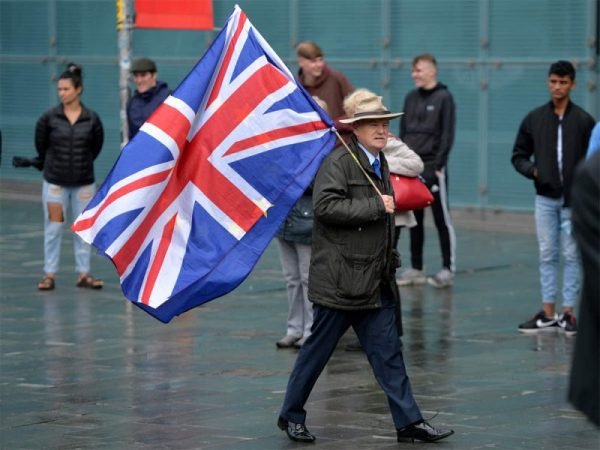The Shockwaves of UK’s Plunging Economy

The UK’s slump is one of the biggest among advanced economies, according to preliminary estimates. The economy of Britain shrank 20.4% in the second quarter of the year. The main reason for the recession is the plunging of household spending during the lockdown period with shops closing and the subsequent fall of factory and construction of factory output. With household spending and services being the main contributor to the economy, the lockdown restrictions drove the people to increase savings and spend minimal. This pushed the UK into its first technical recession since 2009 defined as two consecutive quarters of economic decline.
The citizens of the UK are faced with unprecedented lay-offs from companies that can’t break even at this time, leading to a surge in the unemployment rates in the country. Official jobs figures released on Tuesday showed the number of people in work fell by 220,000 between April and June. The tensions are on the rise also for the reason that will the end of UK’s furlough program in October that pays the wages of a third of Britain’s labour force. This will ascertain the worst drop in figures since 2009.
The main reason for this has been cited to be the delay in putting the country under the coronavirus lockdown, because of which it became increasingly difficult for the country to bring the virus under control in due time for the circumstances to be mitigated, as the period of economic activity was kept restricted for a longer time. Italy was put under a lockdown ten days before the UK, which helped it open restaurants, hairdressers and cafes in mid-May whereas the UK had to open them back in July 4, that’s two extra months of loss in business for a ten-day delay.
The key to the recovery of Britain would be to build up the sectors which were the main contributors. In this case household spending and the service sector which both took a big hit due to the prolonged stringent measures of the government. When the economy was partially opened in Mid-June, there were green shoots in the economy and visible signs of recovery, with the resumption of the construction works. Still, the spending of the people is still dismal with growing unemployment and lack of investments. People’s trust in consumer service and face-to-face business will take a much longer time to resurrect until then Britain has to deploy measures to gain control of the virus.

In this economic slump, the Government will have to step up before the furlough program ends in October and eats up a section of demand away from the economy. The government will have to power the confidence of people to increase spending, call out for investments and reassure the business of support during these trying times. It is suggested for the Government to draft a long term recovery plan with large-scale investments.
UK’s economy going through this massive recession might also send shockwaves all the way to India as well. The UK being one of India’s major trade partners, the lack of demand might affect India’s trade surplus with the country. With a fully globalised economy, India and Britain’s trade relation together amount to $15 billion annually. The exports of Indian goods is also double of what it imports from the island nation, making the situation worse for the country. On the other hand, the UK and India have recently called for deeper trading relations at the Cabinet-level summit that was held in July. Both nations had agreed to explore opportunities for expanding and deepening bilateral trade relations including an enhanced trading partnership as the first step on a wider roadmap. This seems challenging in light of current developments.
The future of Britain still remains murky as the growth in June was mainly as a result of a pent-up demand that released itself after a month of lockdown. Since then, the plunge has been continuous and there are no signs of stopping. The ultimate threat that looms over Britain now is the second wave of the Pandemic that appears to be knocking on the door of the continent. The painfully long and uncertain Brexit negotiations are also consuming the attention of the government, which should be engaged in the economic recovery from the slump. Earning the title of the worst fared economy in G7, it is clear that Britain did not anticipate the opening of floodgates and is struggling to keep its head above water.



















